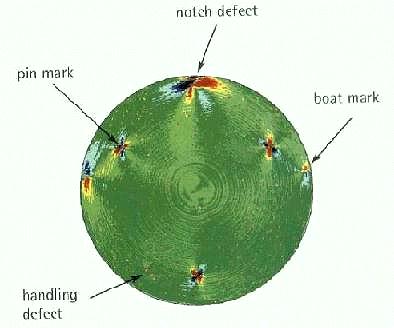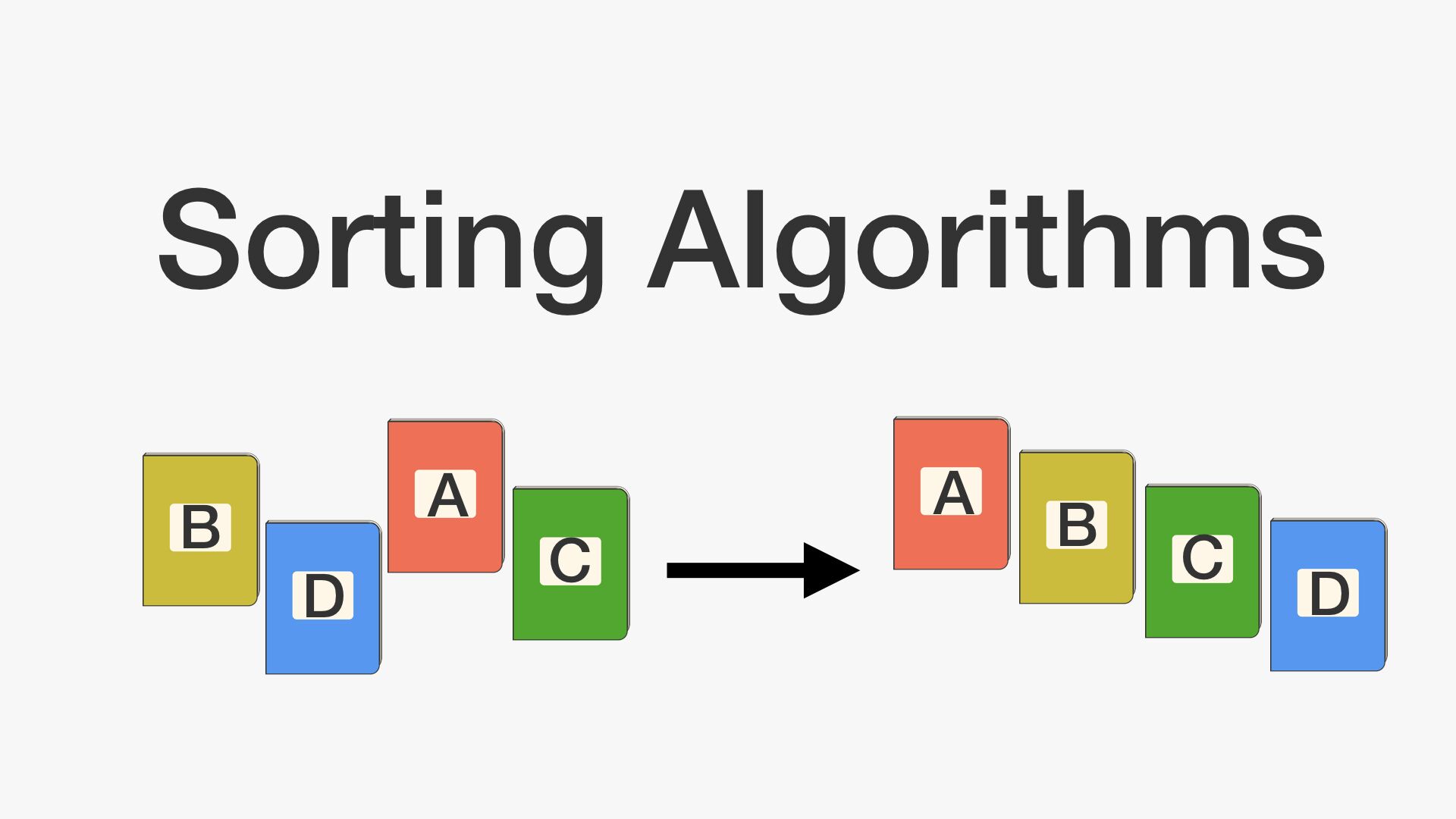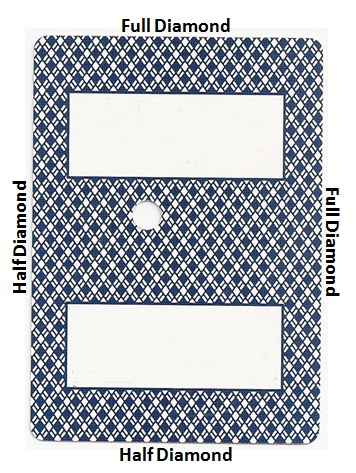Edge Sorting Technique

Sorting Techniques Python
The term Edge Sorting refers to a technique that is employed by the most experienced gamblers at casino table games for the purpose of having a solid advantage over the house. It necessitates the most absolute focus and nearly otherworldly powers of observation, due to the fact that players must somehow distinguish identical cards from each other for it to succeed.
Edge sorting mainly takes place during advantage gambling and happens only when a player somehow convinces the dealer to arranges the cards from those of the lowest to the highest values. Once this is done, the player goes about swiftly but unobtrusively and thoroughly checking out the back end of the cards with the aim of spotting enough tiny but no less significant differences that make telling them apart possible.
At present, edge sorting is illegal in casinos. This comes after a ruling that as it requires making the dealer separate the low from the high cards, it is therefore equivalent to cheating.
- Edge sorting Come to the fore in recent years due to Phil Ivey case, Edge sorting is a technique used in advantage gambling where a player determines whether a face-down playing card is likely to be low or high at casino table games by observing, learning, and exploiting subtle unintentional differences on the backs of the cards being dealt.
- Edge sorting is one of the techniques through which card players can go for an advantaged play. They do this by observing and using the natural irregularities on the back of the cards or their cut patterns. All cards should be cut off the back-sided pattern in such a way that each edge of the card is similar to its.

More On Edge Sorting
Be aware of the House Edge. House edge is the very opposite of RTP. It refers to the advantage a casino has in a particular scenario. For example, if the house edge is 2%, it means the casino will win 52% of the time, and you’ll win 48% of the time (in theory). Like RTP, the house edge is calculated over an infinite number of rounds.
As a matter of fact, sorting the cards starting from the lowest to the highest in value is totally out of character for a dealer, any dealer. However, some players happen to have an uncommon gift of the gab and persuasive abilities. Using these, they can somehow convince the dealer to sort the cards according to their value.
.jpg)
Once this is accomplished, these players go about studying the backs of the cards so as to detect any possible difference that would help them tell the cards apart. Since the order of the cards is already known to the player, and should they succeed in distinguishing one card from the other, they can effectively use this advantage to influence play, render the house edge irrelevant and possibly win huge sums.
As lots of card deck shave some unintended irregularities, these are willfully exploited by players looking to gain an unfair advantage. This is most often done by checking out both long edges on a card. Most experienced players who practice edge sorting know very well that the pattern on such cards is not symmetrical any time a 180-degree rotation is done.
So, during gameplay, an edge sorter might pleasantly ask the dealer for a rotation of the cards, ostensibly for good luck. When this is done the cards are speedily matched to their unique patterns and before the dealer knows what’s up, the low-value and high-value cards are being turned in separate ways.
While the vast majority of players are under the impression that edge sorting is permitted, casinos consider the tactic to be cheating and frown on it. Thus, in 2012, a professional poker player by the name of Phil Ivey scooped up $9.6 million after using tactics considered as edge sorting in the Borgata Casino. The casino, however, took him to court and in 2016 won a court order whereby Ivey was to pay back his wins to the casino, as his tactics were in violation of the Casinos Controls Act.
Edge Sorting Ivey

What Is Edge Sorting Technique
Therefore, players should endeavour not to attempt edge sorting while playing in an actual casino, as it will get them in more trouble than it is worth.